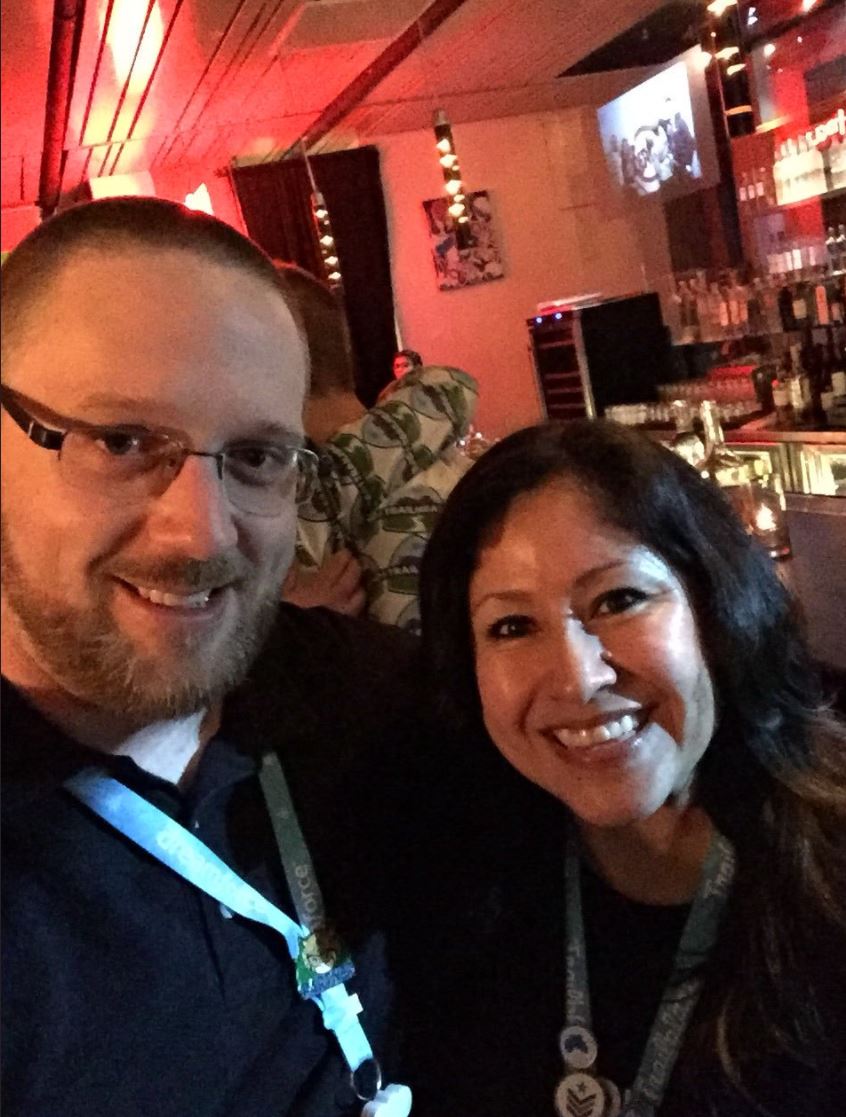⭐️ La mayoría de emprendedores y líderes de negocios enfrentan frustraciones similares: conflictos entre el personal, problemas con las ganancias, y crecimiento inadecuado. Pareciera que nunca se toman decisiones, o, al tomarse, no se implementan correctamente. Pero hay una solución. No es complicado ni teórico. El Sistema Operativo Empresarial EOS es un método práctico para obtener el éxito empresarial que siempre has deseado. Más de 80,000 empresas han descubierto lo que EOS puede hacer. En Traction, aprenderás los secretos para fortalecer los seis componentes clave de tu negocio. Descubrirás una forma sencilla pero poderosa para dirigir tu empresa que dará a ti y a tu equipo administrativo mayor enfoque, mayor crecimiento, y mayor disfrute.
































